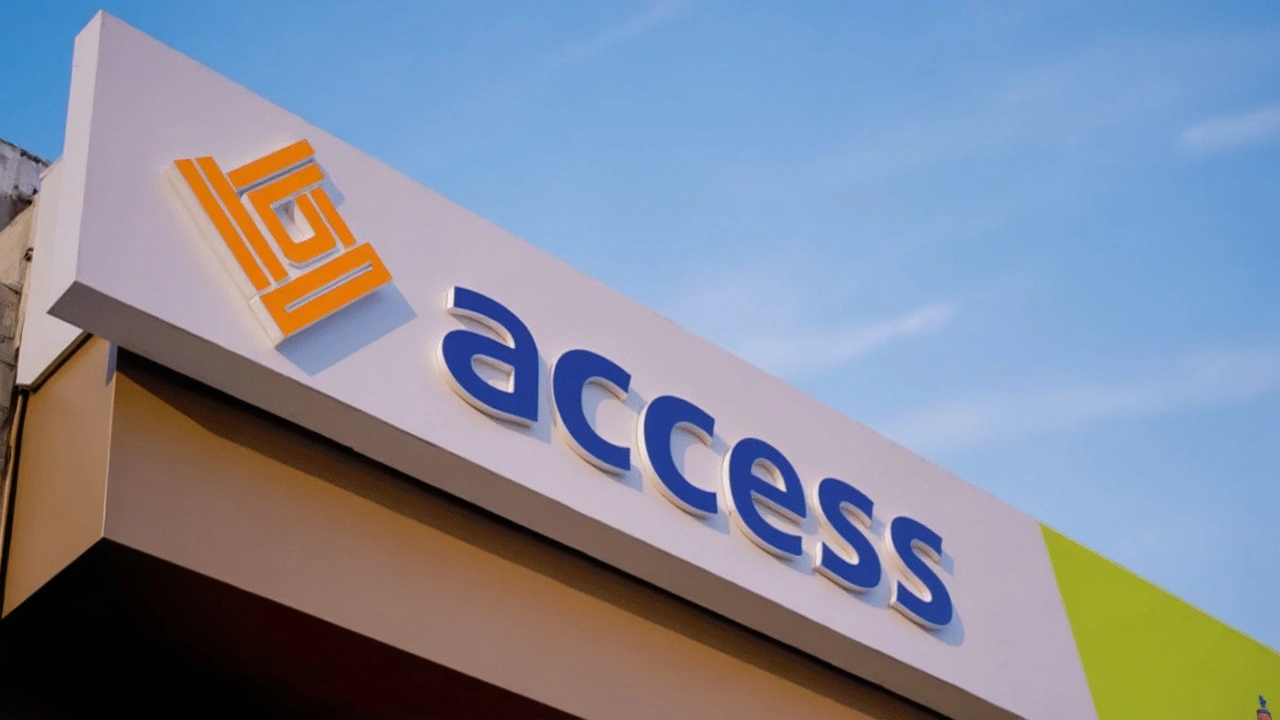Access Bank Teams Up with Deloitte to Boost Nigerian SMEs
In the face of Nigeria’s unpredictable economy, small and medium-sized businesses often find themselves in a tough spot—struggling to grow, adapt, or even survive. That's where the new SME Business Clinic, launched by Access Bank in partnership with Deloitte, steps in. The program is designed to give real, hands-on help to businesses fighting to stay relevant and profitable in today’s market.
The clinic kicked off in major hubs like Lagos and Abuja, drawing in a crowd of eager entrepreneurs ready to learn how to manage their cash flow, handle regulatory headaches, and actually plan for the future. What’s special about this initiative? It brings over 50 seasoned Deloitte professionals—think auditors, tax pros, legal experts, and financial advisors—directly to the people running these businesses.
Instead of generic group lectures, entrepreneurs get one-on-one sessions that dig into their specific problems. Topics range from untangling tax issues to plotting out expansion plans that won’t sink their finances. And it’s not just for big companies; this clinic covers everyone from micro-enterprises run by a handful of people to SMEs with sights on serious growth.
Hands-On Solutions for Real-World SME Challenges
Rob Giles, Senior Banking Advisor at Access Bank, summed up the drive behind the whole thing: "Our business grows when your business grows," he told participants. Giles pointed out that Access Bank already works with an eye-popping 7.5 million SME customers nationwide. That’s not just a brag—it’s a big responsibility, one the bank says it’s taking seriously with this fresh approach.
Access Bank listened to feedback from thousands of business owners who all said similar things—they need useful advice, easier access to finance, and better ways to break into new markets. So, the SME Business Clinic isn’t just a few workshops; it’s a multi-city, year-round effort designed to deliver all three. The team plans to roll out the clinic in more Nigerian cities, meeting people where they are and zeroing in on problems like shaky financial operations and the never-ending puzzle of growing sustainably.
On top of all the sessions and advice, business owners can expect targeted training on subjects that often get overlooked, like tax structuring and staying compliant with the latest regulations. Legal and financial advice is baked in, giving SMEs a toolkit to handle whatever the market throws at them.
With Nigeria’s SMEs playing such a vital role in the wider economy, Access Bank’s collaboration with Deloitte isn’t just another corporate partnership—it’s a commitment to fueling growth, jobs, and innovation across the country, one small business at a time.









17 Comments
Honestly, most of these corporate love‑fest partnerships end up as another PR stunt.
Sure thing, it could be real help for folks struggling with cash flow and taxes. We’ll have to watch how it plays out.
Love that they're actually going into the streets, not just webinars.
😀 Hands‑on sessions sound way better than endless slides, especially for the daily grind.
It is encouraging to see tangible resources allocated toward SME development.
🙌 This could be a game‑changer for the hustlers out there!
Oh great, another "clinic"-because what we really needed was more paperwork!
Meh, sounds like a lot of hype.
The partnership between Access Bank and Deloitte is more than a surface‑level branding exercise.
It reflects a strategic alignment of capital provision with advisory depth.
When a bank with 7.5 million SME accounts couples with a firm that houses half a hundred seasoned consultants, the potential for value creation skyrockets.
However, the true test lies in translating this theoretical synergy into actionable outcomes on the ground.
SMEs often battle with cash‑flow volatility, regulatory ambiguity, and talent shortages.
A one‑on‑one clinic model promises personalized guidance, which is a step up from generic webinars.
Yet the scalability of such individualized attention remains questionable.
If the clinic can standardize a framework while preserving customization, it could become a replicable blueprint.
Moreover, the inclusion of tax structuring and compliance modules addresses a critical pain point that many entrepreneurs overlook.
The risk, however, is that the counsel may default to high‑level recommendations that ignore local nuances.
In Nigeria’s diverse markets, what works in Lagos may falter in Kano or Port Harcourt.
Therefore, the Deloitte experts must immerse themselves in the micro‑economics of each region.
Only then can they craft solutions that respect both macro trends and grassroots realities.
If the initiative sustains its momentum beyond the initial rollout, it could set a precedent for private‑public collaborations across the continent.
In sum, the project’s ambition is commendable, but its legacy will be measured by the concrete growth metrics of the SMEs it serves.
Only the elite can truly appreciate the nuances of such collaborations.
Behold, the saga of banking and consulting collides in a spectacular display of corporate altruism!
I think the hands‑on approach could really demystify tax compliance for many owners.
Sounds promising but we'll see.
While the initiative sounds noble, its real impact will depend on execution beyond the glossy announcements.
Let’s champion this and push the bank to scale it faster across all regions!
From a cultural perspective, bridging financial expertise with grassroots entrepreneurship creates a fertile ground for economic resilience.
The holistic methodology introduced by the Access Bank‑Deloitte clinic leverages integrated financial diagnostics, regulatory compliance frameworks, and market expansion roadmaps, thereby furnishing SMEs with a multiplex of actionable intel. By embedding cross‑functional advisory services within the operational cadence of these businesses, the program aspires to elevate both liquidity management and strategic foresight. Nonetheless, the sustainability of such interventions hinges upon continuous knowledge transfer mechanisms and localized capacity building, lest the initiative devolve into a transient consultancy sprint.